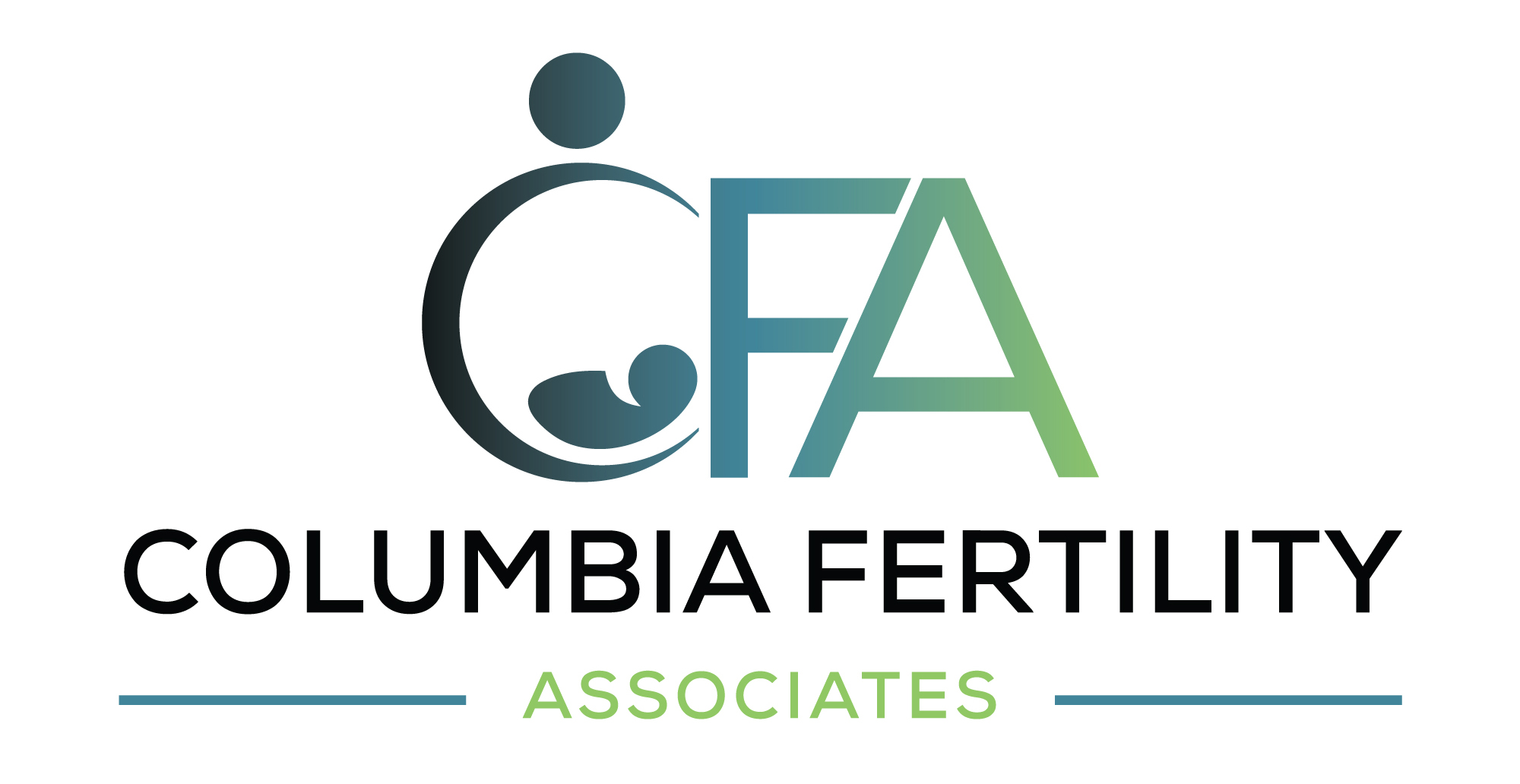On June 8, 2020, the American Society for Reproductive Medicine (ASRM) released an updated set of guidelines for fertility treatments during the current health crisis. Because we’re in the midst of a pandemic the size of which the world hasn’t seen in more than a century, nobody is yet certain about how coronavirus and the disease it causes — COVID-19 — affects pregnancies and newborns.
Until we develop a vaccine or a curative treatment, the virus will be with us for months or years to come. In both the District of Columbia and the State of Virginia, legislators lifted the ban on elective surgeries and other medical procedures. However, all medical and dental facilities must follow a stricter-than-ever safety protocol that applies to both patients and staff.
At Columbia Fertility Associates — with offices in Washington, DC, Bethesda, Maryland, and Arlington, Virginia — our doctors are here to counsel you on whether you should go ahead with your planned fertility treatments or delay them until there’s a vaccine or cure for COVID-19.
Below, they share some of the guidelines that may help you decide whether now’s the right time to start your family or not.
They can also refer you to a mental health counselor who specializes in infertility and reproductive medicine so that you get the support you need during this trying time. You’ll feel confident that you’re making the decision that’s best for you and your unique situation.
Don’t delay care
First, if you’re currently pregnant or if you’re having any troubling symptoms, don’t postpone appointments or delay seeking care from Columbia Fertility Associates. If it’s an emergency situation, go to your nearest emergency room.
All healthcare facilities are well-schooled in infection prevention. At Columbia Fertility Associates, we’ve tightened and strengthened our protocols to minimize the risk of virus transmission.
Here’s what we’re doing to keep you safe:
- Surfaces sanitized with EPA-approved hospital disinfectant
- All patients at least six feet apart
- Only patient and staff in treatment rooms
- All patients wear masks in waiting rooms and treatment rooms
- All medical staff wear medical-grade disposable or N95 masks
- All medical staff wear medical-grade disposable gowns and gloves
- Medical staff wear medical-grade face shields during procedures
- Temperature checks and symptom checks for patients and staff
- Virus test before surgical procedures
We also provide hand sanitizer when you first enter our offices. If you’d like your partner or another family member or friend to be your support during your procedure, you can stay in touch with them via phone, computer chat, or video.
Think twice if you’re high risk
Most healthy women who aren’t in a high-risk category and who’ve followed social-distancing recommendations should be able to receive fertility treatments and have a healthy pregnancy and delivery. If you’re in a high-risk category, however, call our doctors to discuss whether fertility treatments are safe for you.
You may have an increased risk for complications related to COVID-19 if you have:
- Diabetes
- Obesity
- Hypertension
- Kidney disease
- An autoimmune disorder
- Sickle cell disease
- Chronic obstructive pulmonary disease (COPD)
- A compromised immune system
- A serious heart condition
Disparities in the way that COVID-19 affects different ethnicities might also factor into your decision. For instance, African Americans are 3.5 times more likely to die from COVID-19 than white people and Latino people are twice as likely to die.
Surrogacy may be on hold
Because of travel restrictions and virus hotspots around the globe, we won’t perform third-party procedures if the surrogate lives in another country. We also advise against traveling to our facility from outside the Virginia or DC area, or traveling by air.
You may need to quarantine
If you’ve been exposed to someone with COVID-19 or if you test positive for the SARS-CoV-2 virus, you need to quarantine for 14 days. Your appointment is then rescheduled. If you still test positive at the next appointment, you’re asked to quarantine and reschedule again.
Don’t give up hope in these uncertain times. If you’re ready to invest in your future by starting your family, contact our team at Columbia Fertility Associates to schedule a consultation. Phone the office nearest you or fill out our convenient online booking form.








